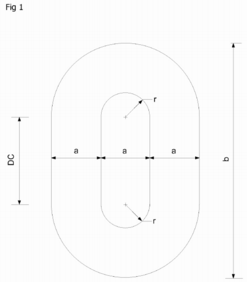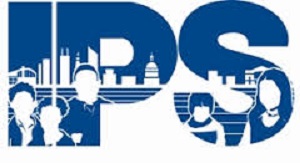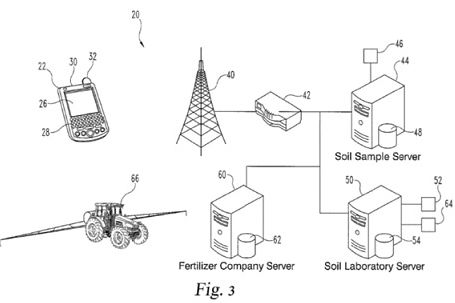
Indianapolis, Indiana – The Southern District of Indiana has granted a motion by Defendant The Celebrity Café.com, Inc. (“Celebrity”) to dismiss the copyright infringement complaint filed by Larry G. Philpot of Indianapolis, Indiana. The court also granted Philpot’s motion to amend his complaint.
Plaintiff Philpot is a professional photographer who photographs concert events across the country. He copyrights his photographs and licenses them to others. In December 2014, Philpot sued Celebrity of Oceanside, New York asserting that it had infringed his copyrights by posting two photographs that Philpot had registered with the U.S. Copyright Office. The photos at issue are a 2009 photograph of Willie Nelson and a 2013 photo of Kid Rock.
An Indiana copyright attorney for Defendant Celebrity moved to dismiss the complaint on the grounds that Defendant was not subject to personal jurisdiction in Indiana and that the Southern District of Indiana was an improper venue. A short time later, Philpot asked the court’s permission to amend his complaint to include additional defendants. By this order, the court granted both parties’ requests.
On the issue of jurisdiction, the court held that Philpot had failed to meet his burden to demonstrate the necessary minimum contacts between Celebrity and the State of Indiana. The court found Celebrity to be a New York business that “is not registered to do business in Indiana. It does not have any offices, paid employees, members, agents, or operations in Indiana. Celebrity has no telephone or fax listings in Indiana. It also has no bank accounts in Indiana, has never paid taxes in Indiana, and does not own, lease, or control any property or assets in Indiana. Dominick Miserandino, Celebrity’s sole member, has been to Indiana only twice in his life….”
Moreover, the court held that Celebrity’s use of its website, which it had owned and operated from January 2003 to December 3, 2014, was insufficient to confer jurisdiction upon an Indiana court. Quoting the Seventh Circuit, it stated:
Courts should be careful in resolving questions about personal jurisdiction involving online contacts to ensure that a defendant is not haled into court simply because the defendant owns or operates a website that is accessible in the forum state, even if that site is interactive. Beyond simply operating an interactive website that is accessible from the forum state, a defendant must in some way target the forum state’s market. If the defendant merely operates a website, even a highly interactive website, that is accessible from, but does not target, the forum state, then the defendant may not be haled into court in that state without offending the Constitution.
be2 LLC v. Ivanov, 642 F.3d 555, 558-59 (7th Cir. 2011) (citations and quotation marks omitted).
The court noted that, while it might appear that advertisements on Celebrity’s webpages were targeting Indiana residents due to Indiana-specific content, those advertisements were not the result of Celebrity’s actions to target Indiana. Instead, the advertisements were shown as a result of internet “cookies” that tracked the location of internet end users and then selected and displayed location-specific content from third parties, including content that was specific to Indiana.
Thus, an exercise of personal jurisdiction over Celebrity in Indiana was found to be improper. For similar reasons, venue in the Southern District of Indiana was also held to be improper. The court did, however, permit Philpot to amend his complaint, finding that his request to do so had been timely filed.
Continue reading

 Indiana Intellectual Property Law News
Indiana Intellectual Property Law News









